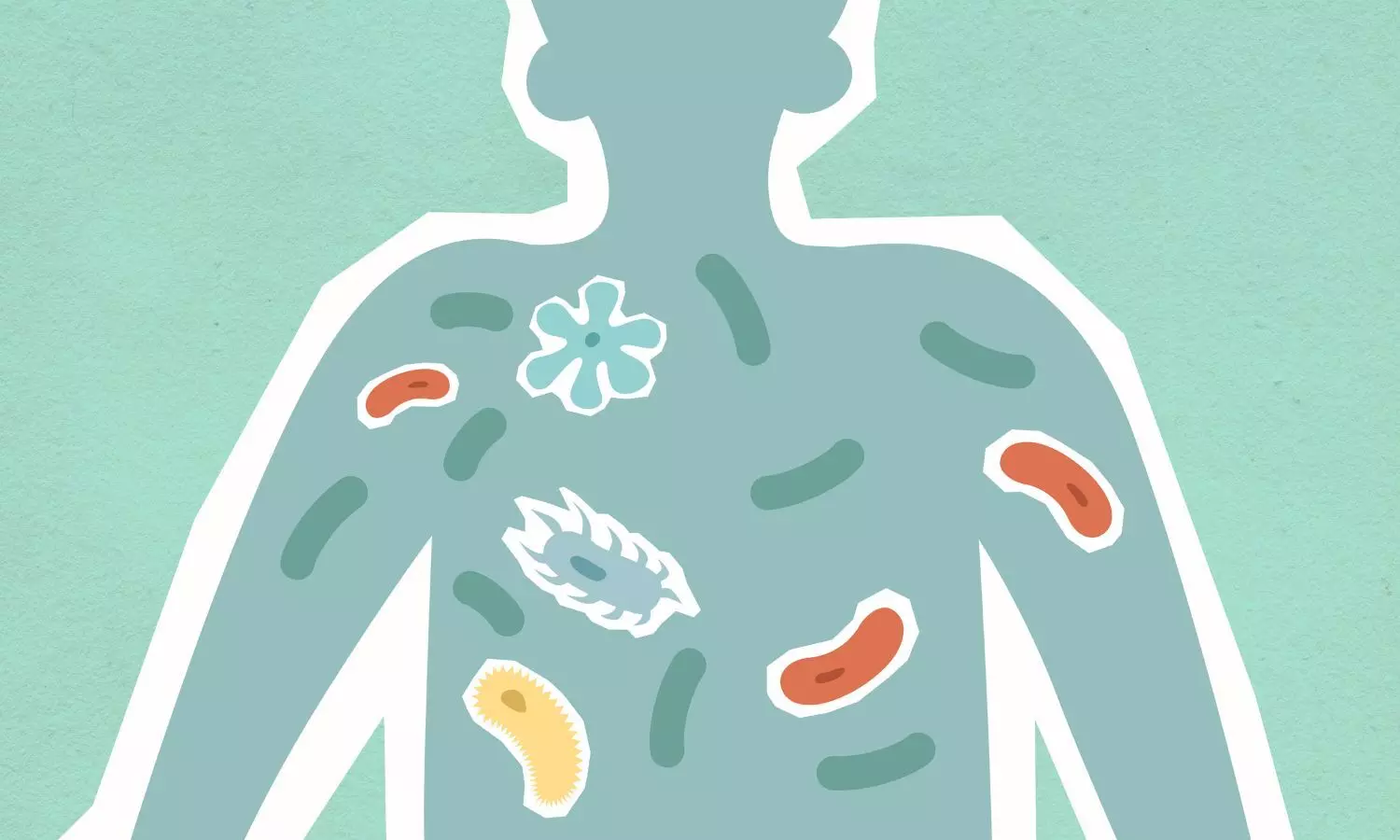Hidden Virus in Pneumonia Germs Could Help Fight Deadly Bacterial Strains: Study

Sydney: A study from Monash University in Australia has revealed a surprising new role for a type of virus long overlooked in scientific research. These viruses, known as telomere phages, were previously considered a biological curiosity with little known importance. However, recent findings suggest they may play a key role in helping beneficial bacteria fight off harmful, drug-resistant bacterial strains.
Telomere phages are a type of bacteriophage—viruses that specifically infect bacteria. While phages come in many forms, telomere phages have a unique mechanism of DNA replication that had previously been studied in isolation. Until now, scientists had not connected these viruses to any practical function within bacterial communities. That changed when researchers sequenced the genome of a clinical strain of Klebsiella, a group of bacteria known to cause dangerous infections, including pneumonia and other antibiotic-resistant diseases.
During the genomic analysis, the team discovered a fourth telomere phage, leading them to re-examine thousands of Klebsiella lineages. Their analysis revealed that telomere phages are far more common than previously thought and are found not only in clinical strains but also in Klebsiella collected from environmental sources like waterways.
More importantly, the study uncovered that bacteria hosting telomere phages can produce toxins—named "telocins"—that are lethal to neighboring competing bacteria. These toxins allow "good" Klebsiella carrying the telomere phages to eliminate "bad" strains, particularly those resistant to antibiotics.
Trevor Lithgow, head of the Bacterial Cell Biology Lab at Monash’s Biomedicine Discovery Institute, emphasized that this finding has uncovered an entirely new dimension of bacterial biology that had been overlooked for decades. His colleague, Sally Byers, noted that the next step is to understand how these toxins are secreted and how they enter competing bacterial cells.
Researchers believe these kinds of helpful viruses could be widespread across many other bacterial species, potentially opening new avenues for combating antibiotic-resistant infections.


